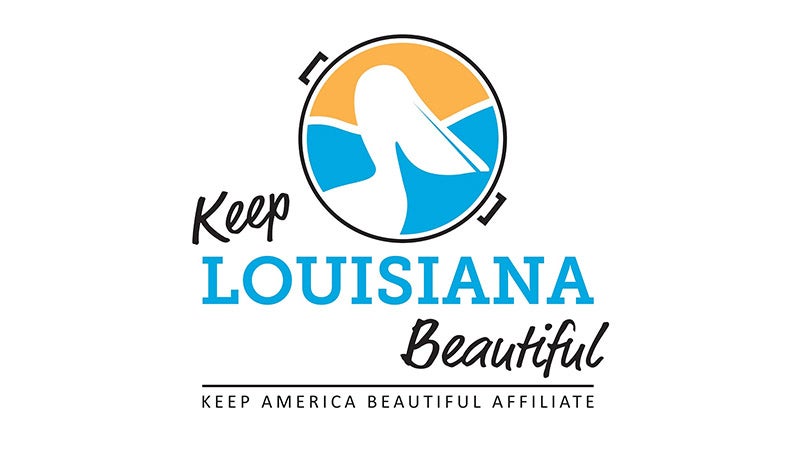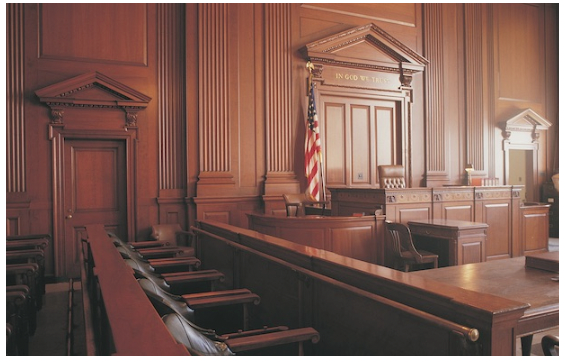Gambling disorder treatment program underway in area
Published 12:00 am Saturday, May 18, 2002
By Christopher Lenois
LAPLACE – The Louisiana Department of Health and Hospitals/Office of Addictive Disorders classifies gambling as a disorder on par with substance abuse. From a treatment standpoint, it is perhaps even more insidious because of its lack of physical symptoms.
“You can’t take a urine screen or breathalyzer test for gambling. You can’t smell the cards on someone,” said Carl Chaisson, who has recently joined the OAD’s River Parishes office at 421 Airline Highway as the counselor in its new outpatient treatment program for gambling addiction.
Legislators approved $2 million annually to the OAD to develop treatment and prevention programs for compulsive gamblers after a state-sponsored 1998 study on the gambling industry demonstrated that a quarter of million Louisiana residents would develop significant life problems due to their gambling habits. But restrictions on advertising make it difficult to create awareness for these services in the public consciousness.
Teresa Hardin, the OAD’s director for the region that incorporates the River Parishes, as well as Terrebonne, LaFourche, Assumption, and St. Mary parishes, said after two years they have only 21 patients in their gambling disorders program. Only two of which seek treatment at the LaPlace location.
“Maybe (others) go to New Orleans,” said Hardin in reference to the Gambler’s Anonymous program.
After ceasing their meetings at St. Charles Hospital a year ago, Gambler’s Anonymous left a void for area residents seeking counselling outside of faith-based programs.
Chaisson said they incorporate GA meetings into their treatment program, and are hoping to lure the group back to the area for the convenience of their patients as their numbers increase.
“We really just got online in the River Parishes about 45 days ago,” said Chaisson, a substance abuse counselor for 12 years who has become one of the state’s first 100 certified gambling disordered counselor. Prior to that, information about the program in LaPlace was not available on their toll-free information hotline, 1-877-770-STOP. “We’ve already received five or six referrals in that time.”
Referrals are made by family members, area businesses and the court systems, as well as people voluntarily submitting themselves for the free screening process.
“Clients who come through the clinic for substance abuse treatment are also screened for gambling,” said Chaisson by way of explaining the link between the compulsive behaviors. “Drinks are free in casinos, so it’s a way for alcoholics to practice that behavior. Or people stopping off in bars on the way home from work for a drink, and feeding the video poker machine.”
Video Poker is far and away the most prevalent type of gambling in the River Parishes. Approximately 118 businesses in the River Parishes are licensed to have machines on their premises. There are four truck stop casinos, each with the maximum 50 machine allotment, and the Rockin’ Horse Off Track Betting Parlor in LaPlace has 82 machines.
Such accessibility is attractive to both men and women gamblers. Hardin said women actually make up the majority of the OAD’s gambling disorder patients.
“The women tend to be housewives who want to get out and get some excitement,” said Chaisson. “Gambling’s not about winning, it’s about being in action,” said Chaisson.
It has been shown that gambling stimulates chemicals in the brain, such as serotonin, in the same manner as drugs and alcohol.
Which is why players who have accumulated large winnings in one night will continue to play until they’ve lost it all again.
Most gamblers have to hit bottom before seeking treatment, says Chaisson. Losing their job, their homes, even their families because of their addiction.
It is also why the OAD treats gambling as an incurable disorder along the lines of drugs or alcohol. The program includes
individual counselling sessions as well as with a group. Factors such as attendance, participation, appearance, and self-esteem are used to chart progress.
Eventually, the family is included in the counselling, and the gambler is given 30 days to find a sponsor.
“There are people who can gamble appropriately, just as there are people who can drink appropriately,” said Chaisson. “It becomes a problem when people use money they don’t have. They lose it. Then they come back and chase it. Going deeper and deeper until they reach the point of despair.”




